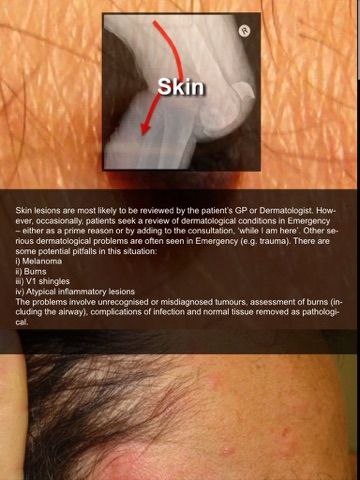
A young doctor may not recall a great deal of the knowledge taught in undergraduate and clinical years. Normally, this is not a problem as topics can be looked up and help sought from colleagues. However, some knowledge retention is non-negotiable. This is where the clinician (at any level) is expected to be able to avoid the serious consequences of certain types of patient presentation.
What are these ‘certain types’ of presentation? Something that seemed obvious was the imminent arrhythmias in a patient with inferior infarct. Or recognising a scaphoid fracture and the potential for avascular necrosis. This is a good start but what is the complete list?
We sought help from specialists in their fields and asked them – what are the conditions or procedures that have potentially serious implications that you wish all young doctors to know? The answers produced this list. It is not all-encompassing, as that would be too extensive – one can find dangers everywhere one looks – it is knowledge that clinicians consider vital.



